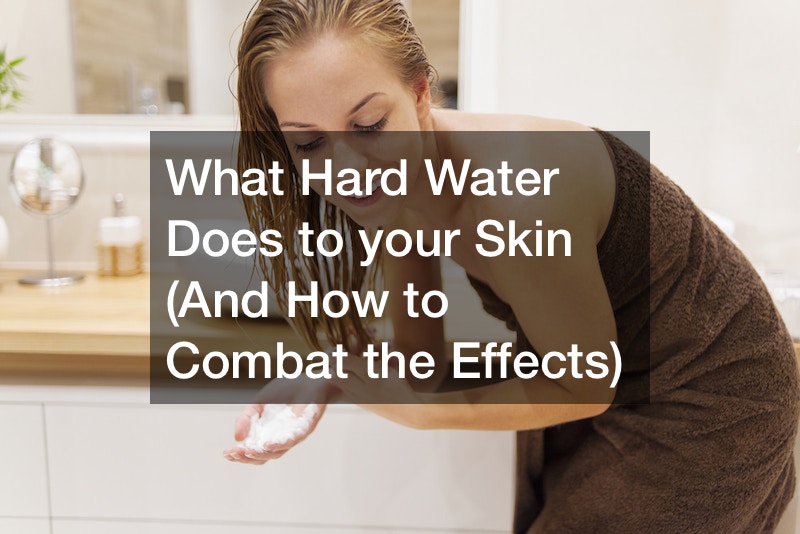In the University of Sheffield and King’s College London In the event of exposure to hard water damages the barrier to skin. There are five layers of the skin. The epidermis is the top, following by the dermis then the hypodermis which, also known as the fatty layer below. Also known as stratum corneum and it is the skin’s outermost layer of protection. skin. It shields us from pathogens and harmful environmental toxins that would create chaos within our bodies. It also shields us from environmental stressors it also holds onto the moisture. If it wasn’t there, our body’s water could evaporate which would leave us dehydrated. The barrier on the skin helps us protect ourselves from
Ultraviolet Rays Pollution Toxins inflammation, irritation, and infection Insufficiency
The study found that water with a hard texture includes high quantities of magnesium and calcium that binds with surfactants, like sodium lauryl or sodium thermo Sulfate. The result is dry film of precipitate that form on the skin. Surfactants are the main ingredient in shampoos and soaps and also in toothpaste, liquid hand wash, and liquid washing liquids. The compounds, along with hard water, can increase the skin’s sensitivity. Additionally, If the barrier of the skin is compromised, issues like dry, sensitive, itchy skin, inflamed or flaky skin conditions are more likely to occur. An aqueous-based soap mixture could also cause skin irritations including whiteheads and blackheads. Additionally, it can trigger outbreaks of eczema as well as psoriasis. If your skin begins to become more prone to rashes and infections, it could be the sign of a compromised skin barrier.
The other issue in hard water is its very high alkalinity. The hard water may cause the skin’s pH to rise, as it’s acidic. This means that the skin’s natural function is disturbed making it vulnerable
kpyl7esvbs.
